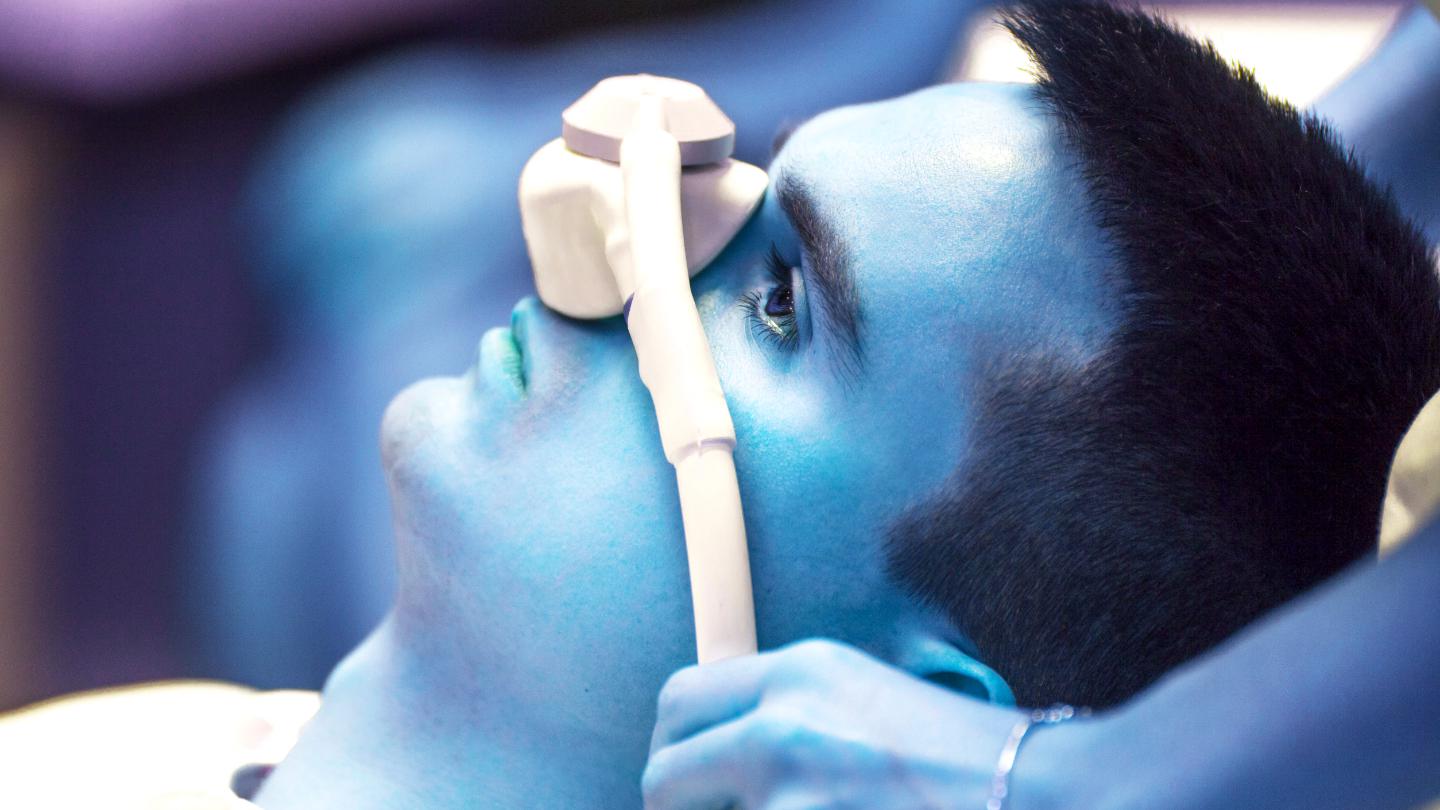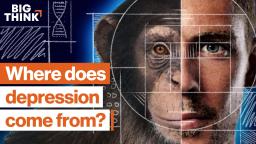ERIC TOPOL: One of the most exciting things in the world of AI in health is being able to digitize the state of mind. That is being able to use different metrics to be able to say, this person is depressed, or this person is really happy and doing well. And so one of the really great examples of this actually was through Instagram, where they actually had a huge number of images, and they could diagnose depression based on the types of images and the filter that was used by the person posting. But it's actually really exploding, because it turns out that our speech – how fast we talk, and our intonation, our activity, our breathing pattern, if we sigh – a lot all these things can be easily quantified, passively. They go into this algorithm and then comes out of it is, where is this person's state of mind, and how can we get it boosted up, because that's really the issue. Are the medications, if a person is using them, is that not even working?
Now, in addition to that, which is a shocking part of the story, is that when a person is asked to disclose their innermost secrets, they're more apt to do that with an avatar than another human being. The idea that you would have this avatar that you selected to be your coach that was monitoring your metrics and giving you feedback and also that you can confide in, is really alluring, and we're starting to see that. I mean, it already is starting to blossom in China, for example. It wouldn't be at all surprising if we started to see it in the US in the near term. So when you take this ability to digitize a state of mind and also have a support through an avatar, this could turn out to be a really great way to deal with the problem we have today, which is a lack of mental health professionals with a very extensive burden of depression and other mental health conditions.





